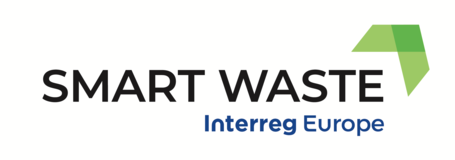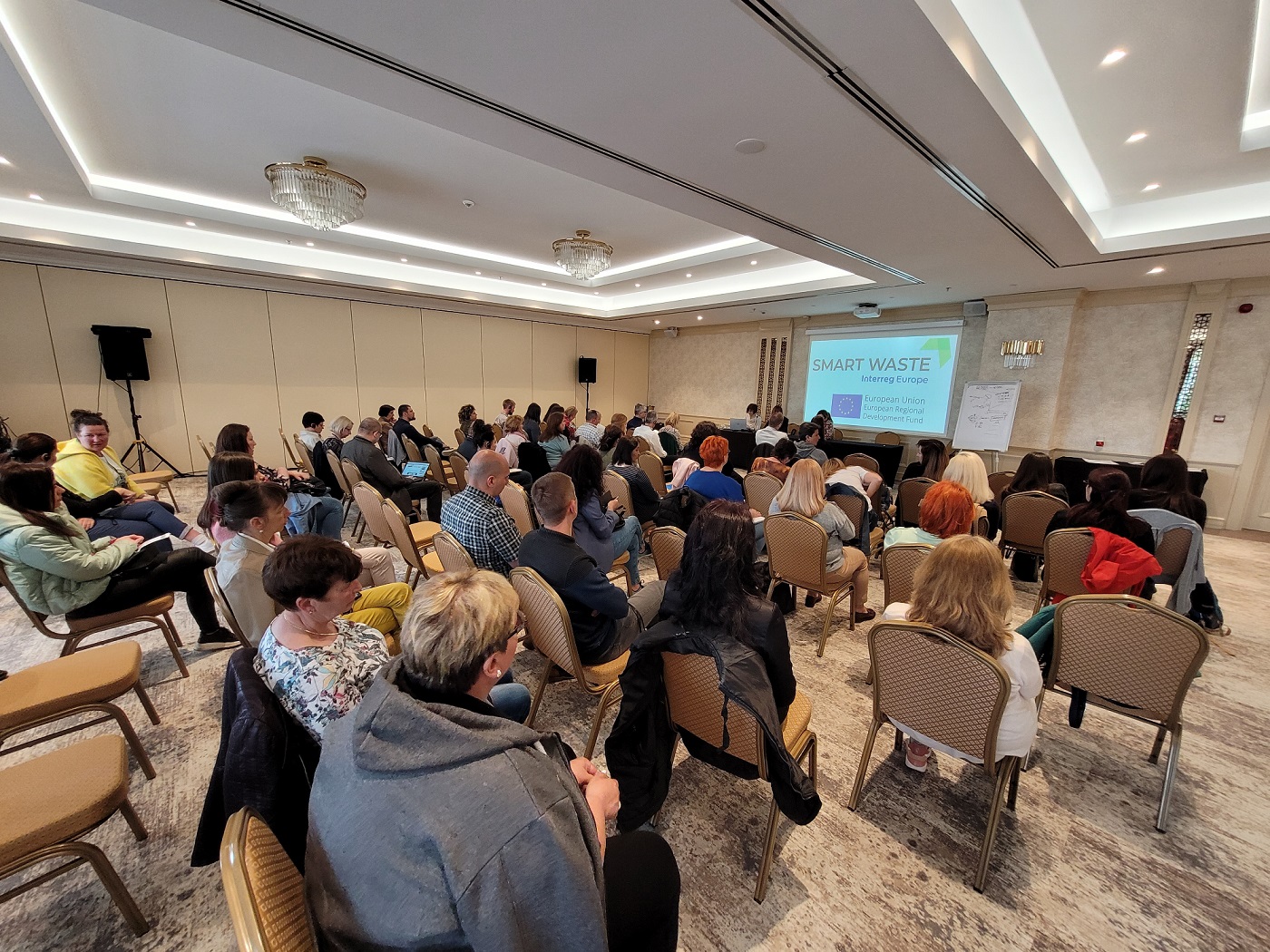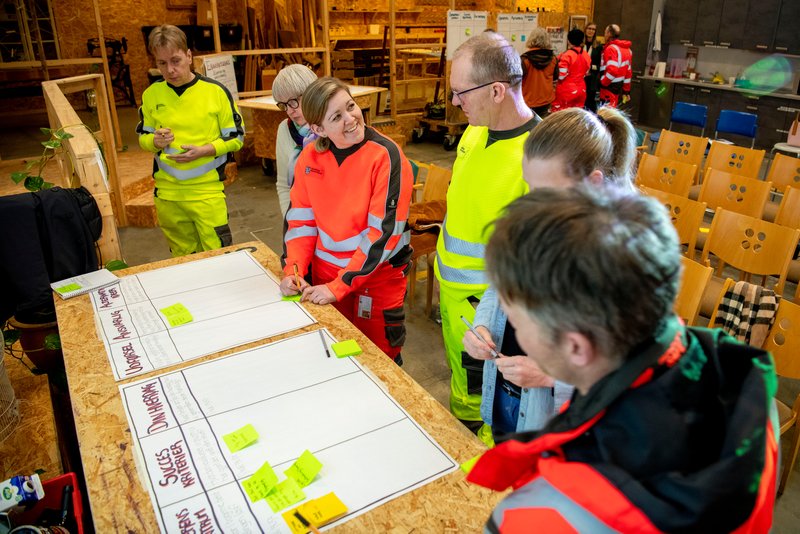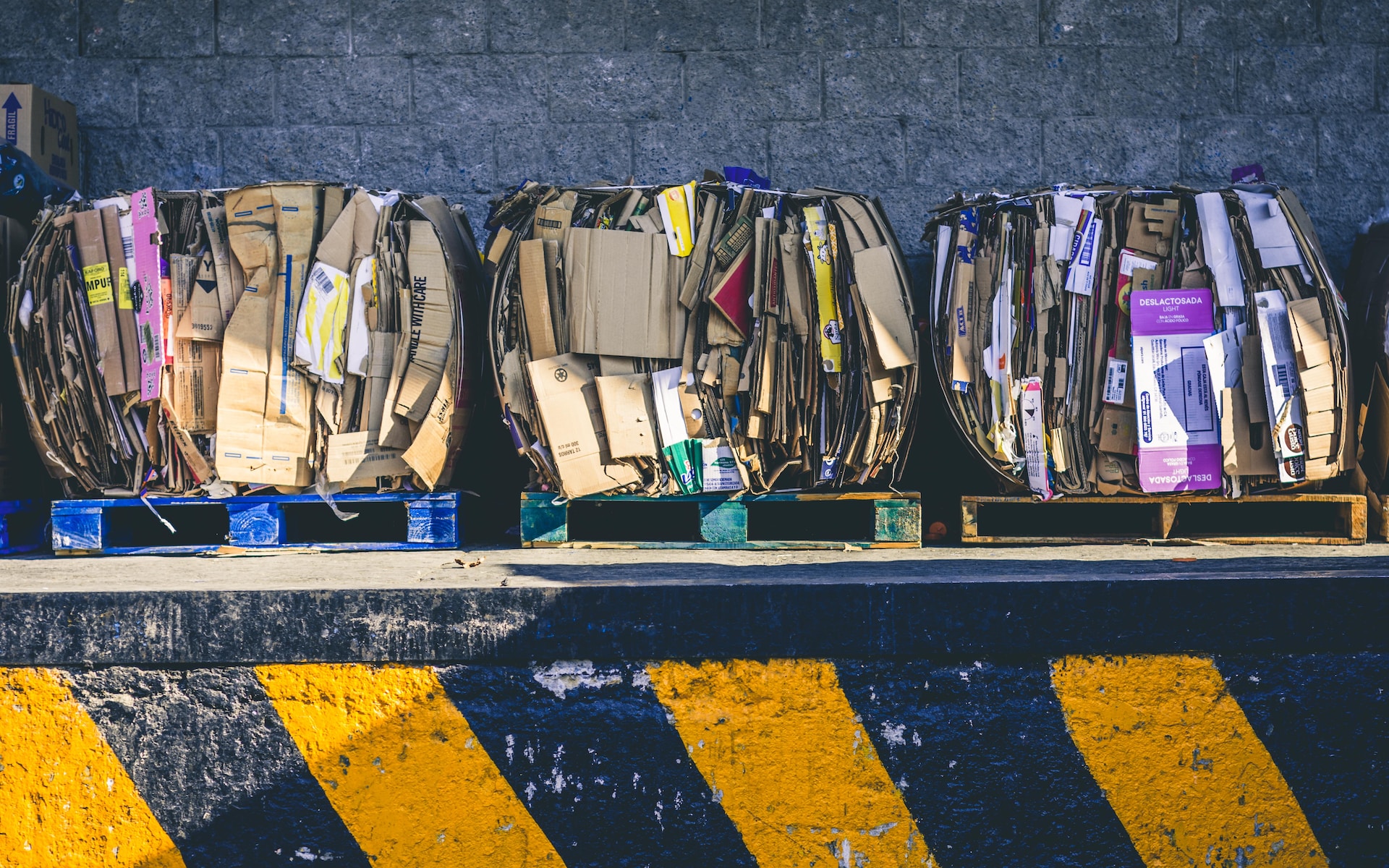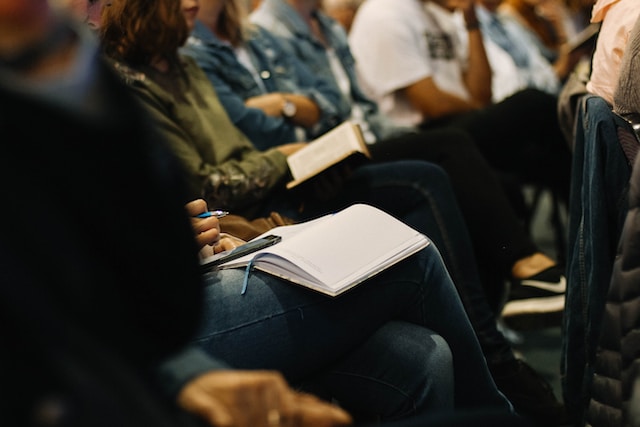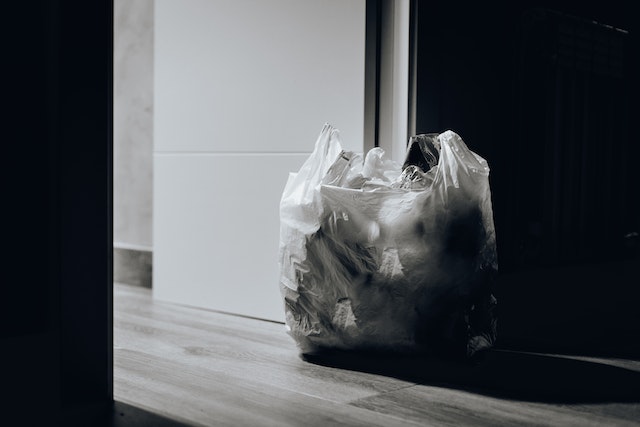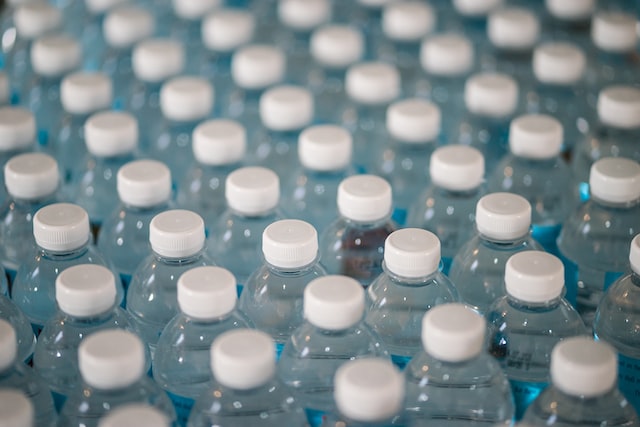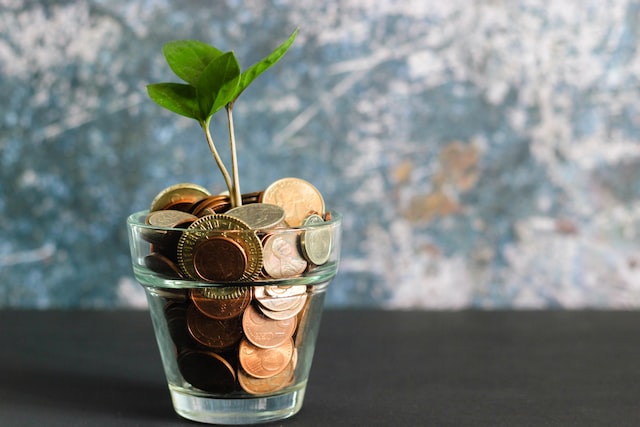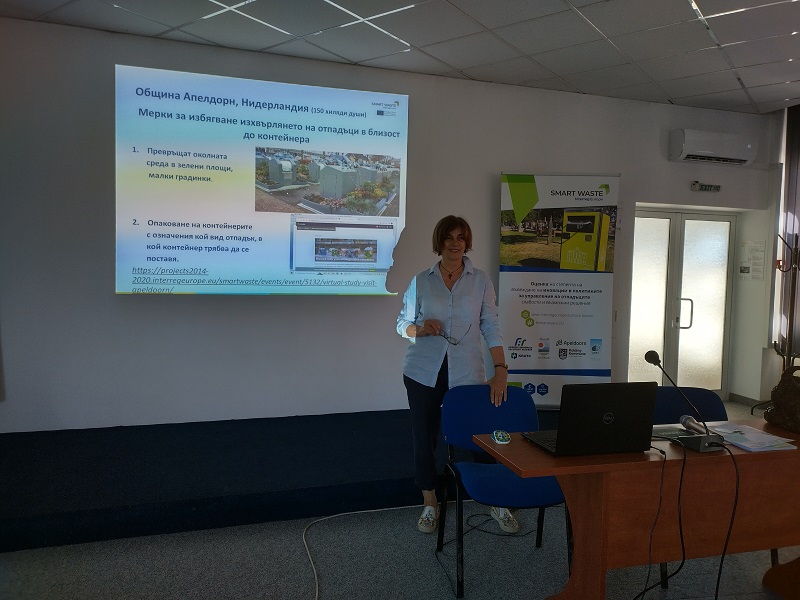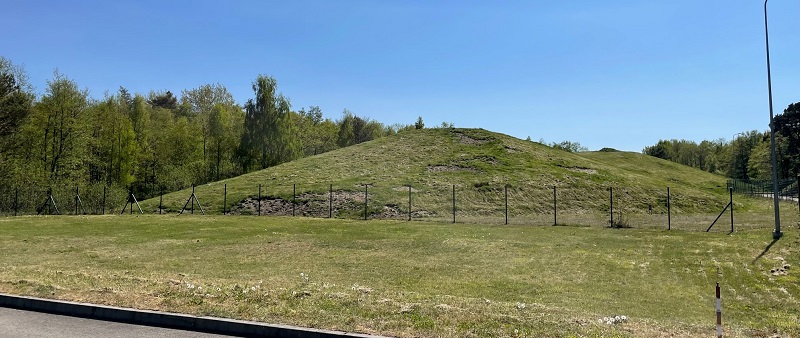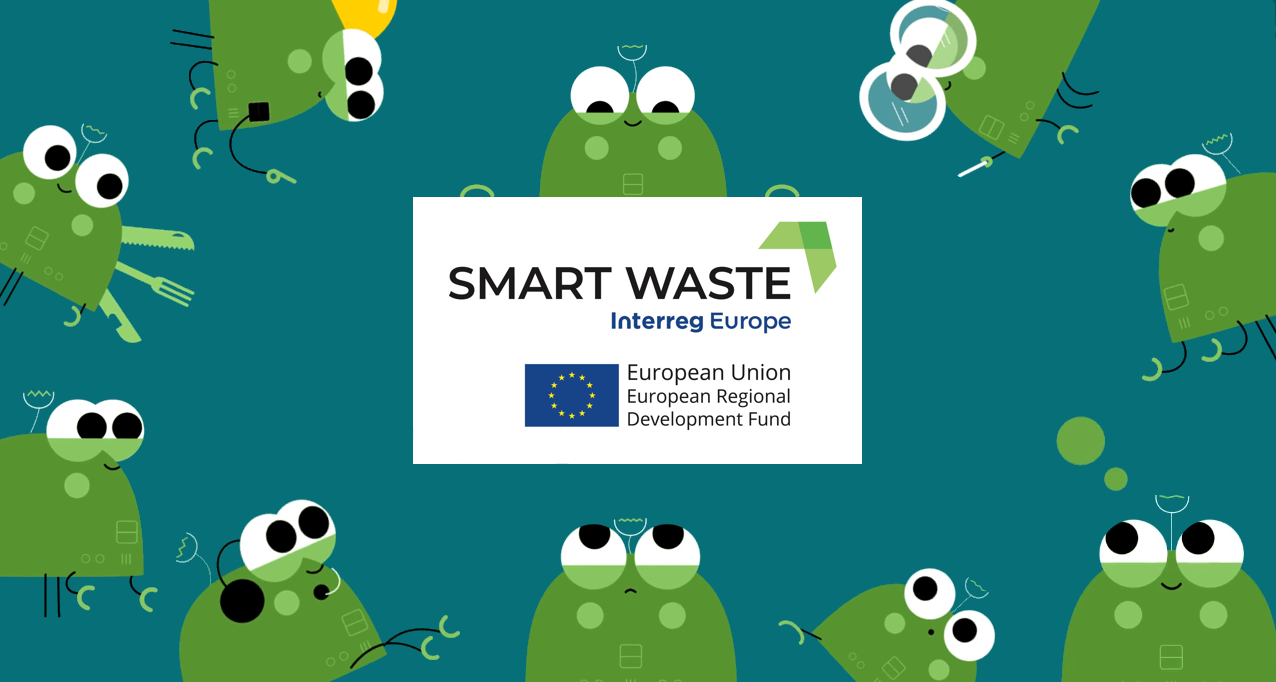Hosted by the Bulgarian Association of Municipal Environmental Experts, the event gathered a significant audience to witness the recap of the SMART WASTE project as it is coming to an end in July 2023.
The last four years of the project, which was built around five European cities and regions resulted in 13 Good Practices which contributed to the INTERREG policy learning platform and in continuous capacity building and learning of the project partners involved. Looking at the five respective Action Plans, their respective roadmaps include actions that will be carried out to improve local policy instruments and bring more innovation within waste management procedures, one can easily conclude that the project successfully met the expectations and its objective.
Opened by Assya Dobrudjalieva on behalf of the hosts and Svetla Bozhkova as the Bulgarian Ministry of Environment and Water’s director of the waste directorate, the event saw a few different sessions focusing on efforts cities and regions are putting in improving their waste management practices and strategies as well as their aspirations for future steps. The fact that this Final Conference coincided with the Bulgarian Association of Municipal Environmental Experts’ General Assembly which took place just the day before, it allowed more than 50 Bulgarian municipalities to attend this high-level European event. In order to give this event a European context, Mariame Ammour of the Interreg Europe’s Joint Secretariat quickly reflected on the INTERREG’s current objectives and support mechanisms for European regions. The Bulgarian examples of success stories in advancing in circular transition and green growth got a special attention, as the Municipality of Sofia, Municipality of Burgas and Municipality of Gabrovo contributed to the inspiring morning session.
In return, the Bulgarian audience could get inspired by testimonials and examples of good practices in policy improvement from Klaipeda in Lithuania, the Italian Tuscany region, municipalities of Apeldoorn in the Netherlands and Kolding in Denmark. The representatives of these five project partners appeared as participants on a storytelling panel which featured each partner’s testimonial on how interregional cooperation has helped them to improve their waste policies and what their journey looked like.
The afternoon session which saw interactive working groups on various topics allowed the audience to interact and debate topics such as technologies for waste collection and recycling, the role of local authorities in boosting the application of circular economy solutions, or funding, designing and monitoring innovative waste management measures. Some of these interactive debates ended with conclusions and common points which were worth sharing in the plenary for the end of the day.
